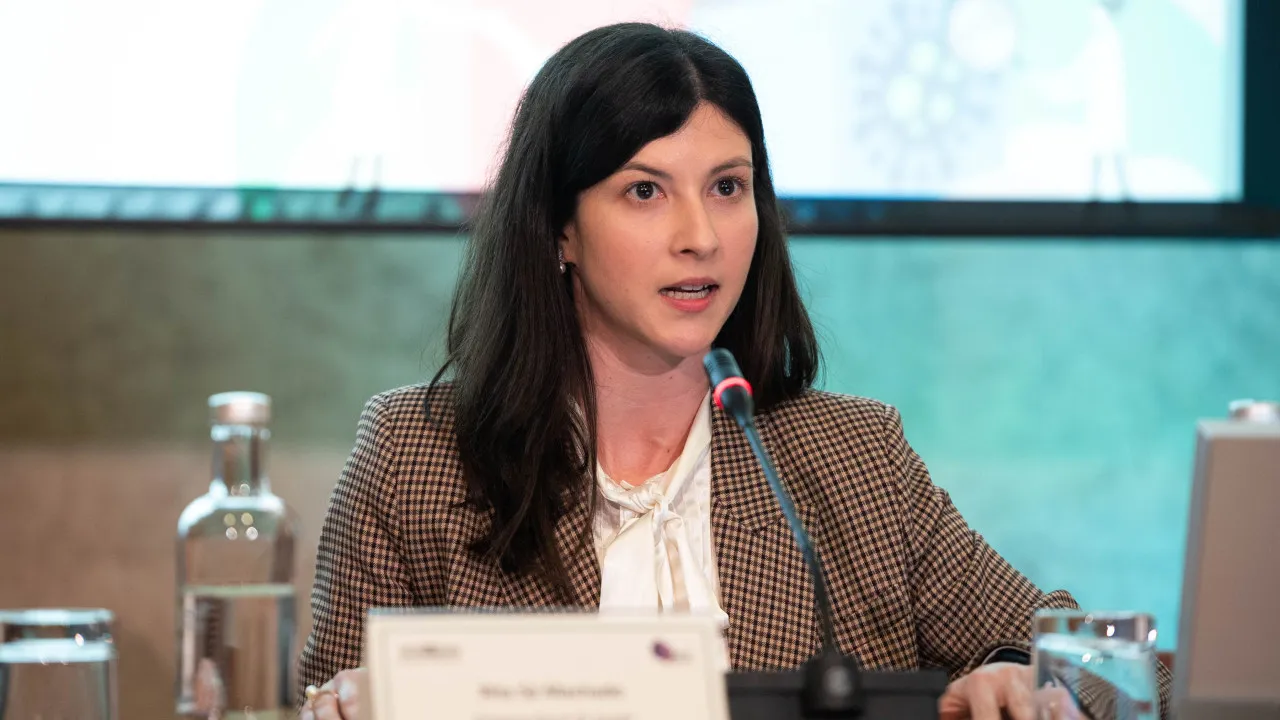
Rita Sá Machado commented on recent statements by the Secretary of State for Health, as reported in a major publication, indicating that the government will include a proposal for public health reform in its transition documents. A significant change proposed is the conversion of the Directorate-General of Health (DGS) into a public institute.
“It has been important work to modernize public health, making it more open and, fundamentally, ensuring that public health and the Directorate-General of Health are responsive to the challenges in health,” remarked the Director-General of Health, noting the collaboration with the Secretary of State for Health.
“Therefore, in this new dynamic and the organizational law mentioned by the Secretary of State for Health, it is crucial that, regardless of the political outcome in the coming weeks, this continues to be a priority as it has been over the past year,” she asserted.
According to Rita Sá Machado, the reform involves restructuring local public health services and elevating their role within local health units while also enhancing national public health structures.
“I speak from the perspective of the Directorate-General of Health, as it is the area I oversee and operate in, but also regarding our national reference laboratory, Instituto Ricardo Jorge, which plays a major role in our coordinated epidemiological monitoring, which we can only do with their unconditional support,” she emphasized.
The Director-General of Health believes that reorganizing both institutions, especially the DGS, will “certainly improve the national panorama of public health in Portugal.”
The strengthening of the DGS and the Instituto Nacional de Saúde Doutor Ricardo Jorge (INSA) will be achieved through a revision of their organizational laws and statutes.
“The major reform will take place at the DGS. We propose a significant transformation, converting it into a public institute, granting it a different level of freedom from the current structure. This is how we can attract the best talents,” explained Ana Povo, detailing that the proposal envisions six departments “tailored to modern public health needs.” The official clarified that the entire public health reform will feature in the transition portfolio: “It was ready when we began our management. Since it depends on decree-laws, we felt it wasn’t the right time. It also requires a public consultation that hasn’t been conducted yet.”
When asked if the new model would provide greater flexibility in hiring human resources, Rita Sá Machado affirmed, “without a doubt.”
“One of the most complex issues across public administration is talent retention, and hiring professionals may become more feasible with this new reorganization of the Directorate-General of Health,” she stated.
“[Talent retention] is an issue across various sectors, not just health, and is something that all of us must be conscious of—a changing world requires adaptation to new methodologies, but it will surely improve the landscape and methods of hiring professionals and resources that are crucial for the fundamental structure of public health to function, both in routine and crisis situations,” she elaborated.




